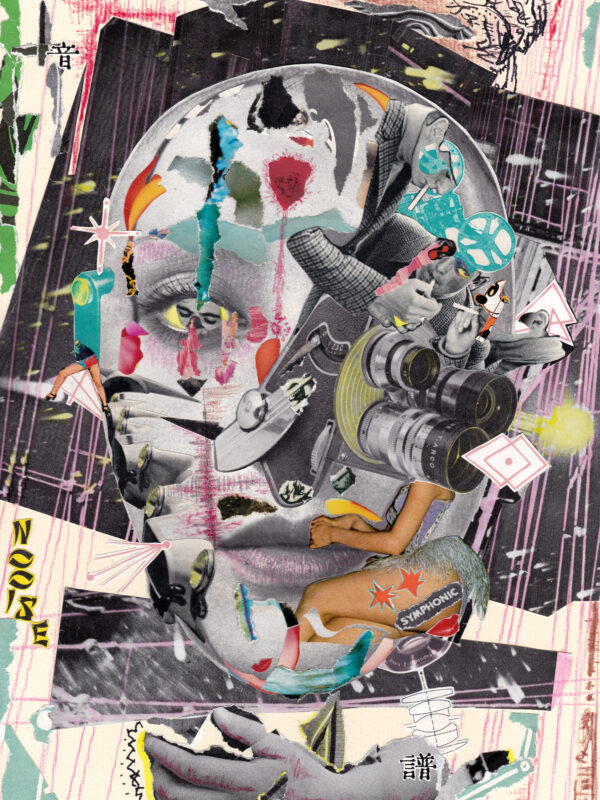Personalization and Blame: Distorted Lenses of Responsibility
Within the framework of cognitive distortions, personalization and blame emerge as two sides of the same coin, both relating to misattributions of responsibility. While personalization involves inaccurately attributing external events to oneself, blame focuses outward, unfairly pinning responsibility on others. To grasp the nature of these distortions and their implications, a deeper exploration is warranted. Personalization is the tendency to attribute external events, especially negative ones, to oneself, even when there’s little logical basis for such an association. A person might think, “My friend is upset. It must be because of something I did,” even if the friend’s mood is unrelated to them.
Personalization and Blame: Distorted Lenses of Responsibility Read article












